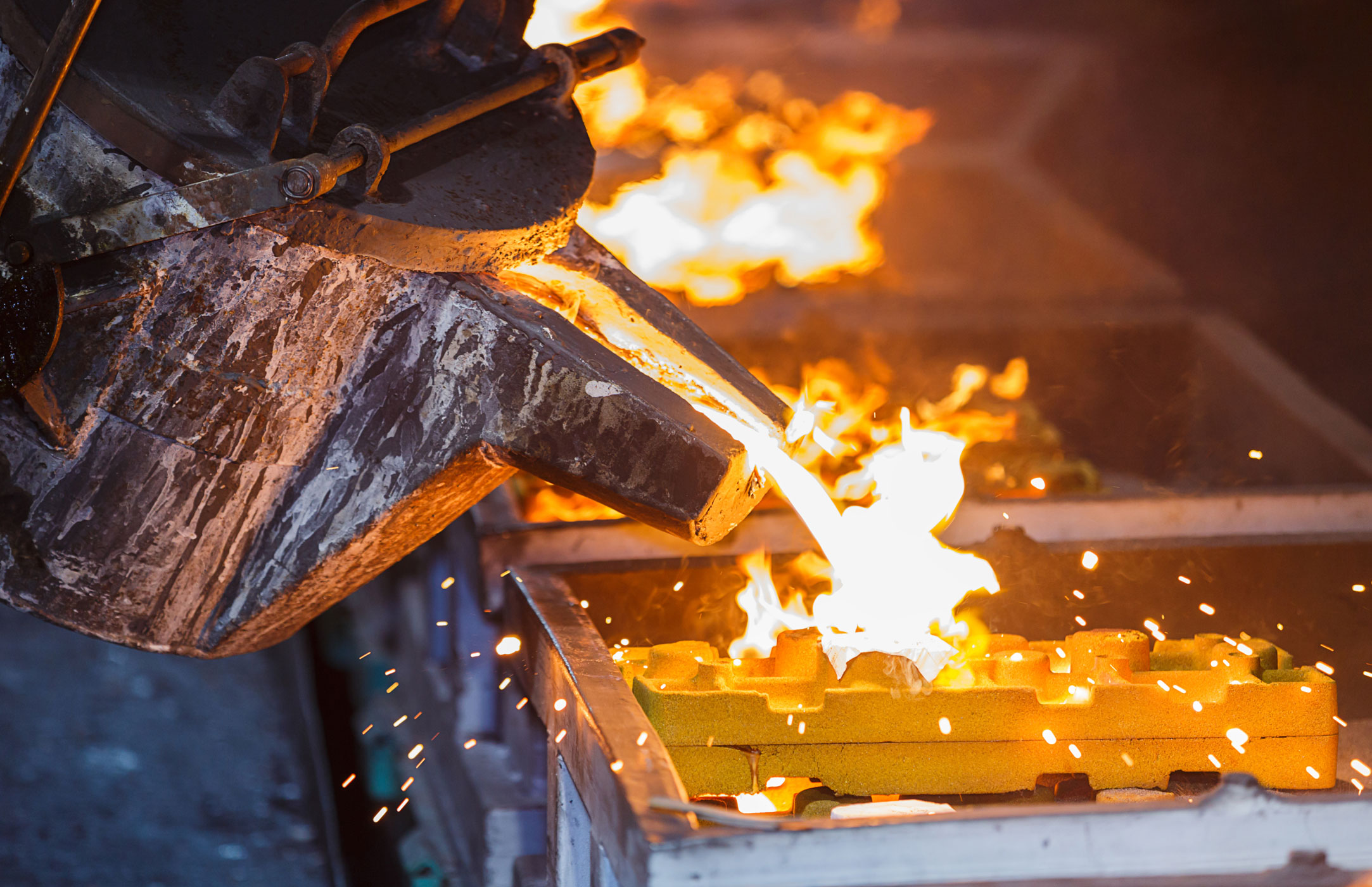
What’s the Best Metal for Your Casting Project?
EQI has been a leading supplier of metal castings for decades. Castings allow for the cost-effective creation of complex, three-dimensional parts to meet almost any application’s requirements. While all casting processes begin with molten metal, a variety of specialized molding processes are best suited to specific materials and part attributes.
Investment
Casting
Uses a wax pattern coated with a refractory material. Then, the wax is melted out and the mold is filled with molten metal.
Techniques:
- Silica sol process
- Combination process with silica sol – sodium silicate
Sand
Casting
Uses sand as the main mold material.
Techniques:
- Vacuum process sand
- Green sand casting
- Resin-bonded air or gas set sand casting
- Thermal set sand casting (shell molding)
- Lost foam
Die casting / Permanent Mold /
Semi-Permanent Mold
Uses metal molds and high pressure to force the molten metal into a mold.
Techniques:
- High-pressure casting
- Low-pressure casting
- Gravity pour casting
When selecting metal for a casting project, EQI will work with you to consider characteristics such as strength, hardness, machinability, corrosion resistance, and cost. With these factors in mind, EQI offers a broad range of iron, steel, and aluminum castings across nearly every casting manufacturing process.
Iron
Grey Iron
Known for its color, which comes from the graphite flake structure that develops during the solidification process. Grey iron is a popular choice because it’s cost effective.
Qualities
- Good machinability
- Great damping capacity
- Good thermal conductivity
Uses
- Pump housings
- Gears and valves
- Hydraulic parts
- Machinery bases
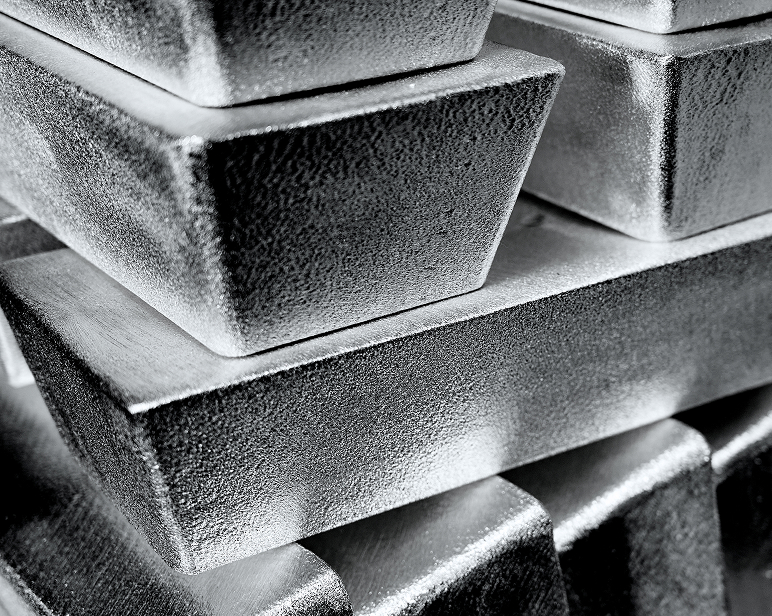
Ductile Iron (Nodular Iron)
A cast iron with spherical graphite structures in the metal that increase ductility and broaden the range of suitable applications. Stronger than grey iron, ductile iron can be alloyed to boost specific properties such as thermal resistance, strength, and elongation. Due to its high carbon content, ductile iron is a good candidate for various heat treatments to modify the microstructure and material properties further.
Qualities
- High tensile strength
- Superior ductility and improved impact resistance
- Excellent wear resistance
Uses
- Heavy-duty machinery components
- Critical structural and load-bearing components
- Hydraulic parts
- Machine tooling
- Fittings
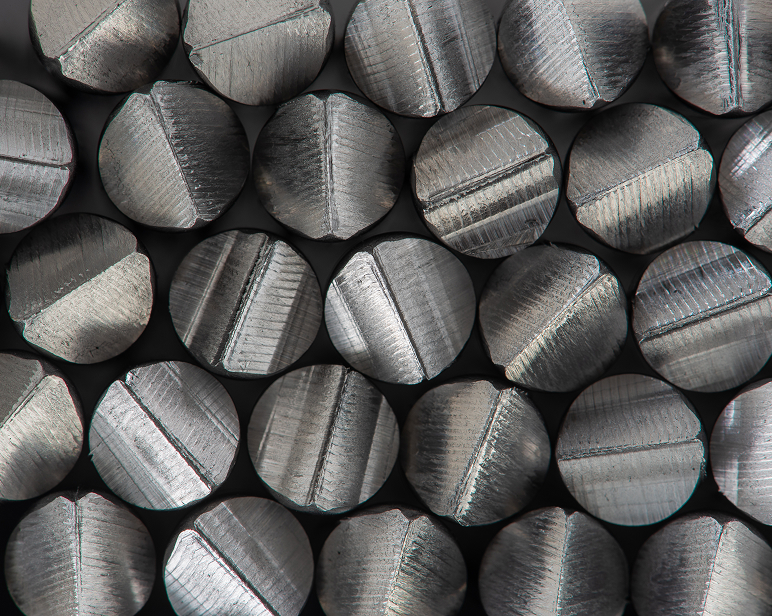
Steel
Carbon and Alloy Steel
Steels can be tailored for many applications by selecting the appropriate carbon and alloy content. Heat treatment can provide a wide range of strength, ductility, and hardenability. Carbon steel is versatile and economical, making it ideal for general machine and structural applications. It can also be easily welded up to specific levels of carbon equivalence.
Qualities
- High tensile strength
- Great ductility
- High machinability
Uses
- Industrial equipment
- Construction components
- Machinery parts
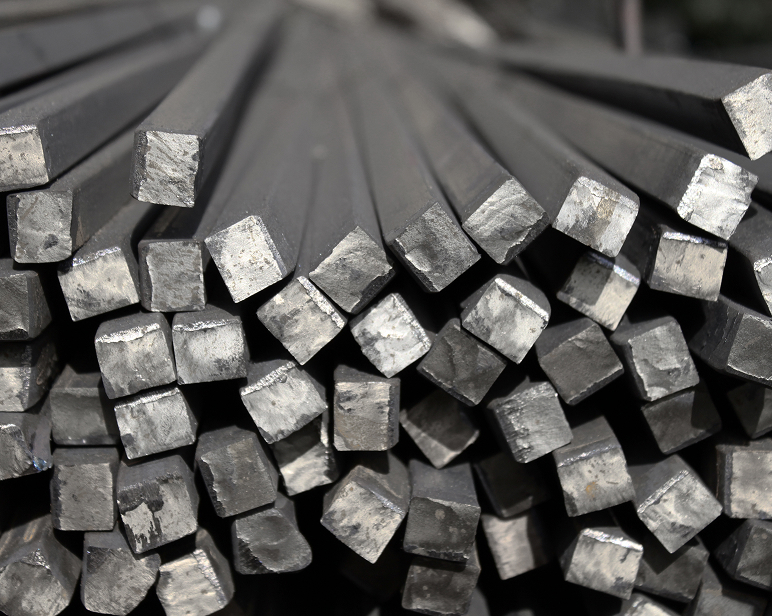
Stainless Steel
A ferrous alloy that is highly resistant to oxidation and corrosion due to added chromium that forms a protective oxide layer. There are over sixty different grades of stainless steel, and unique compositions are regularly added to the spectrum.
Qualities
- Corrosion resistance
- High strength
- Toughness
- Excellent thermal resistance
- Suitable in harsh environments (heat, cold, acidic) and hygiene applications
Uses
- Chemical processing equipment
- Pumps & valves
- Impellers
- Housings
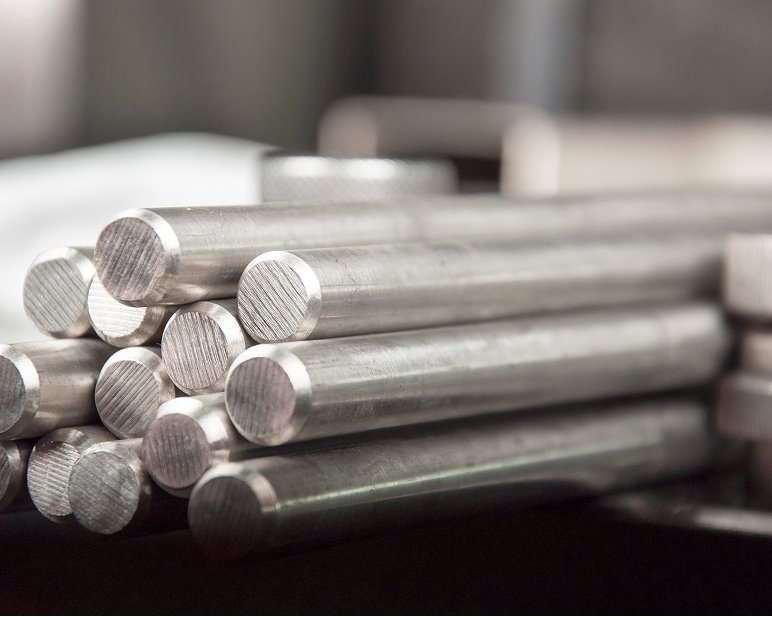
Nickel-Based Alloys
These alloys are often deployed in extreme working environments. The nickel matrix and alloying additions perform exceptionally in high-temperature and corrosive applications, often in the thermal processing, chemical, and petroleum industries.
Qualities
- Thermal resistance
- Corrosion resistance
Uses
- Industrial furnaces
- Water treatment components
- Marine parts
- Chemical processing equipment
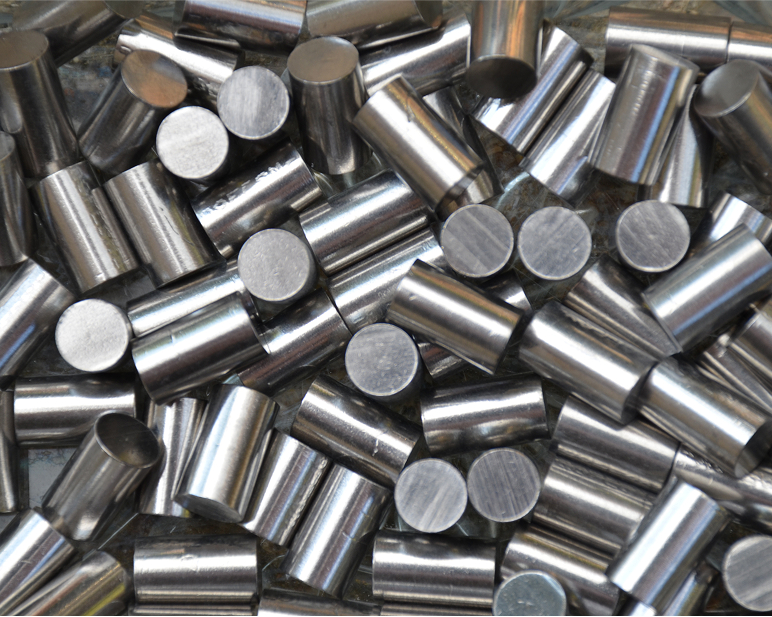
Aluminum Alloys
Aluminum alloys have a desirable strength-to-weight ratio, making them ideal for applications where weight is an issue.
Qualities
- High strength-to-weight ratio
- Good corrosion resistance
Uses
- Transportation parts
- Industrial components
- Marine applications
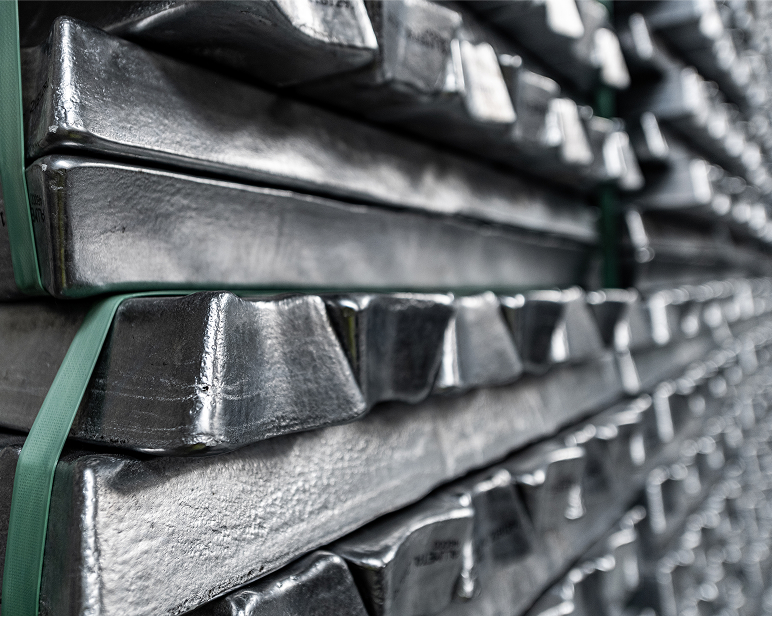
Contact Us
EQI is ready to help you determine which metal alloy best suits your needs. Get started with help from our metal casting experts.